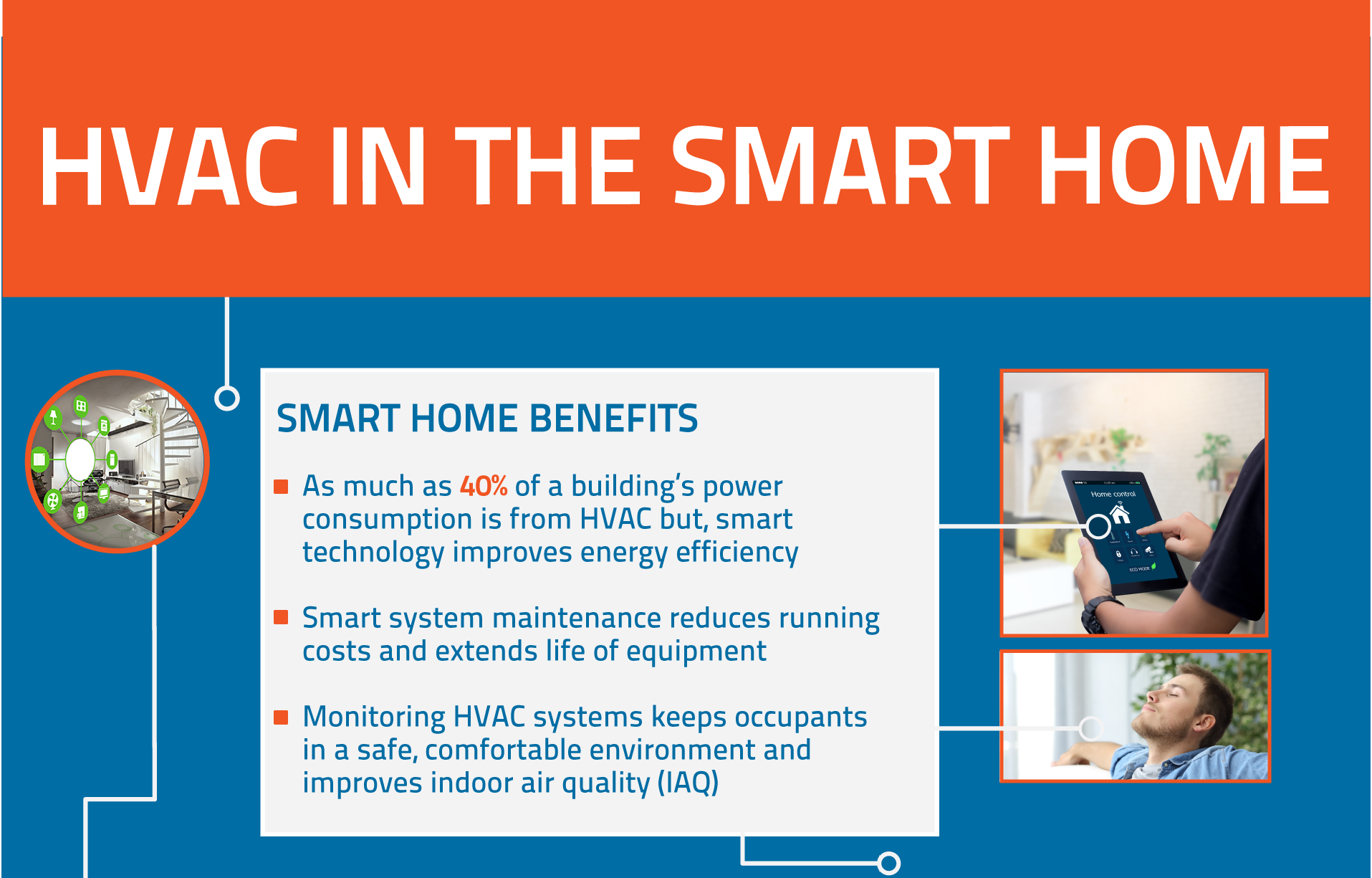The Future Of Home Home Heating - Exactly How Heatpump Technology Is Developing
The Future Of Home Home Heating - Exactly How Heatpump Technology Is Developing
Blog Article
Composed By-Marshall Byrne
Heat pumps will be a vital innovation for decarbonising heating. In a circumstance constant with governments' announced energy and environment dedications, their global capacity doubles by 2030, while their share in home heating rises to one-quarter.
They function best in well-insulated homes and rely upon electrical power, which can be supplied from a sustainable power grid. Technical developments are making them a lot more efficient, smarter and less expensive.
Gas Cells
Heat pumps use a compressor, cooling agent, coils and followers to relocate the air and warm in homes and appliances. They can be powered by solar power or electrical power from the grid. Click That Link have actually been getting appeal due to their inexpensive, quiet procedure and the capability to generate electrical power during peak power demand.
Some companies, like IdaTech and BG MicroGen, are servicing fuel cells for home heating. These microgenerators can replace a gas central heating boiler and generate some of a home's electric requirements with a link to the power grid for the rest.
But there are heat pump installation and servicing christchurch to be unconvinced of using hydrogen for home heating, Rosenow says. https://installaductlessminisplit67664.wizzardsblog.com/29327939/are-heat-pumps-one-of-the-most-efficient-a-c-solution-for-your-home-a-comparative-analysis would be pricey and inefficient compared to other modern technologies, and it would certainly add to carbon emissions.
Smart and Connected Technologies
Smart home technology enables homeowners to attach and manage their tools from another location with using smartphone applications. For example, clever thermostats can discover your heating preferences and instantly get used to maximize power consumption. Smart illumination systems can be controlled with voice commands and immediately shut off lights when you leave the room, reducing power waste. And clever plugs can check and handle your electrical use, enabling you to recognize and limit energy-hungry home appliances.
The tech-savvy family portrayed in Carina's interview is an excellent image of just how residents reconfigure room heating techniques in the light of new wise home modern technologies. They rely on the tools' automated features to perform daily modifications and regard them as a convenient ways of conducting their home heating techniques. Therefore, they see no factor to adjust their practices better in order to make it possible for adaptability in their home power need, and treatments targeting at doing so might deal with resistance from these families.
Electricity
Since warming homes accounts for 13% of US exhausts, a switch to cleaner alternatives can make a big difference. Yet the innovation deals with obstacles: It's expensive and needs considerable home improvements. And it's not always compatible with renewable energy resources, such as solar and wind.
Up until just recently, electrical heatpump were as well expensive to compete with gas designs in many markets. Yet new innovations in design and products are making them more budget friendly. And far better cool climate efficiency is allowing them to operate well also in subzero temperatures.
The following action in decarbonising heating might be using warm networks, which attract warmth from a central resource, such as a close-by river or sea inlet, and disperse it to a network of homes or buildings. That would certainly minimize carbon discharges and permit homes to take advantage of renewable resource, such as green electrical power from a grid supplied by renewables. This alternative would be less expensive than switching over to hydrogen, a fossil fuel that requires brand-new infrastructure and would just lower CO2 discharges by 5 percent if coupled with improved home insulation.
Renewable Energy
As electrical energy rates drop, we're beginning to see the exact same pattern in home heating that has driven electric automobiles right into the mainstream-- but at an also much faster rate. The strong climate situation for electrifying homes has been pressed further by new research study.
Renewables account for a considerable share of contemporary warmth consumption, but have been given minimal plan interest around the world compared to various other end-use sectors-- and also less interest than electrical energy has. In part, this reflects a mix of customer inertia, split motivations and, in lots of nations, subsidies for fossil fuels.
New innovations can make the change simpler. As an example, heatpump can be made extra energy reliable by replacing old R-22 refrigerants with new ones that don't have the high GWPs of their predecessors. Some professionals likewise visualize district systems that attract warmth from a neighboring river or sea inlet, like a Norwegian arm. The warm water can then be utilized for cooling and heating in a neighborhood.